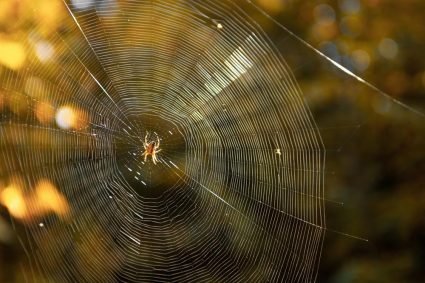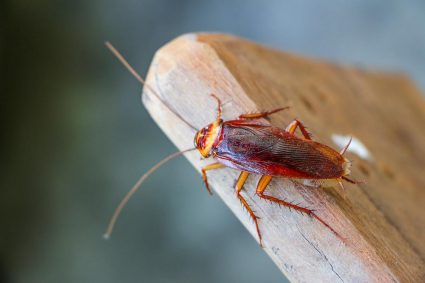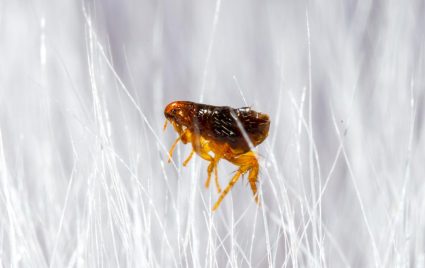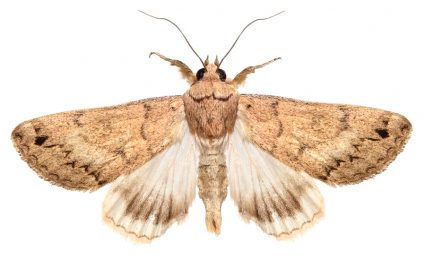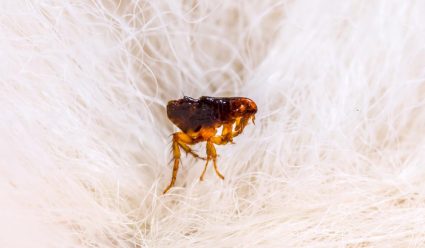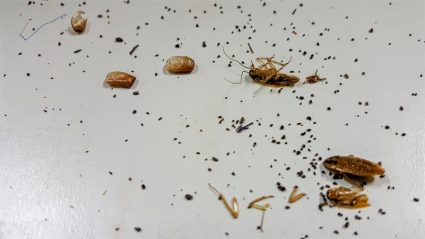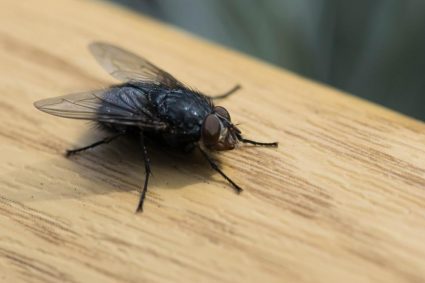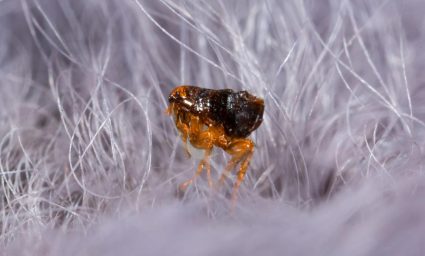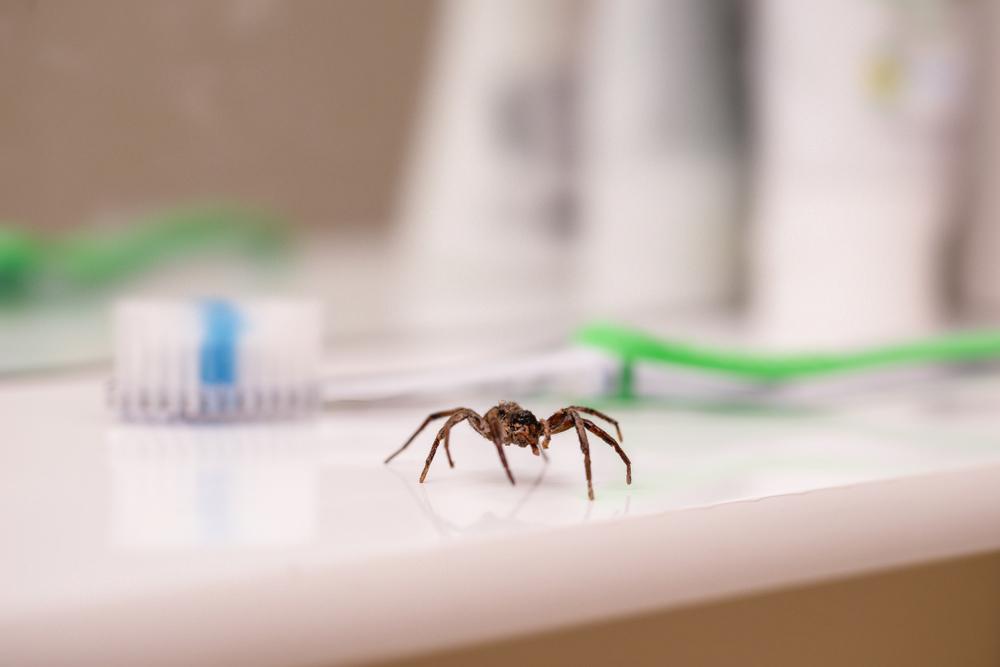
Spiders are common household pests that can be a nuisance for many homeowners. While they play a crucial role in controlling other insect populations, their presence can be unsettling for many. One of the many questions people ask when trying to deal with spiders is, “Does salt kill spiders?” In this article, we will address this question comprehensively and provide you with additional information on spider control.
How Salt Affects Spiders
Contrary to popular belief, salt does not directly kill spiders. However, it can be used as a repellent to discourage them from inhabiting certain areas. When mixed with water to create a saline solution, it can be sprayed onto spiders or their nests. But keep in mind that the spider will not die immediately upon contact with the salt solution.
Moreover, using salt as a repellent can leave traces of salt on surfaces after the water evaporates, so be cautious when applying it to surfaces that could be damaged by saltwater. While salt can be an effective solution for removing spiders from your home, it is not a direct or instant method of killing them.
The Science Behind Salt and Spiders
The scientific explanation behind the effect of salt on spiders is not well-established. Most studies focus on the role of salt in spider silk production and storage. However, some research suggests that salt may have an impact on spiders’ physiology and behavior.
In the context of spider silk, salt plays a role in the structure and stability of the silk protein’s N-terminal domain. A high salt concentration, as found during storage, weakens key salt bridges in the protein, which is believed to be related to the spider’s ability to store silk protein solutions at high concentration.
Spider Species and Their Interaction with Salt
While there isn’t specific information on which types of spiders are most affected by salt, some spider species are known to thrive in salty environments. For example, the salt flat spider (Saltonia incerta) is found in the salt flats of Baja California, Mexico, and in Death Valley, North America’s lowest and harshest desert region.
However, not all spiders can tolerate high salt concentrations, and the effects of salt on different spider species may vary. Further research would be needed to determine which types of spiders are most affected by salt.
Risks and Drawbacks of Using Salt Against Spiders
Using salt against spiders has some potential risks and drawbacks. While salt can be harmful to spiders and act as a repellent when mixed with water, it is important to note that dry table salt on its own won’t harm spiders. Moreover, spraying a saline solution directly on surfaces that could be damaged by saltwater should be avoided. Another drawback is that once the water evaporates, it can leave traces of salt on the surfaces where it’s applied.
Natural Ways to Repel Spiders
There are several natural ways to repel spiders without causing harm to them or using chemicals. Some of these methods include using peppermint oil, white vinegar, citrus scents, essential oils, and spider-repelling plants. Regularly cleaning your home, removing clutter, and sealing any cracks or gaps in walls and windows can also help prevent spiders from entering and finding hiding spots.
In conclusion, while salt does not directly kill spiders, it can be used as an effective repellent. However, it’s always best to try and rehome the spider by safely transporting it outside before resorting to killing methods. Remember, spiders play a crucial role in our ecosystem by controlling other pests, and their presence can indicate a balance in nature.
Frequently Asked Questions
What are some examples of spider-repelling plants?
Some examples of spider-repelling plants include lavender, mint, lemongrass, and marigolds. These plants emit scents that spiders find unpleasant, thus discouraging them from inhabiting areas where these plants are present.
Are there any safe commercial products available for repelling spiders?
Yes, there are numerous commercial products available for repelling spiders. These include sprays, traps, and ultrasonic devices. However, it’s important to read and follow the instructions carefully to ensure they are used safely and effectively.
Can salt harm other types of insects or pests?
Salt can also be harmful to other types of insects, including slugs and snails. However, it’s not a universal pest control solution and its effectiveness can vary greatly depending on the type of insect.
What is the best way to remove a spider from my home without killing it?
The best way to remove a spider without killing it is to gently capture it in a glass or jar, slide a piece of paper underneath to trap it, and then carefully carry it outside to release it.
Can spiders return after being exposed to salt?
Yes, spiders can potentially return after being exposed to salt. While salt can act as a temporary deterrent, it does not permanently keep spiders away. Regular cleaning and maintenance are the best ways to keep spiders out of your home in the long term.

